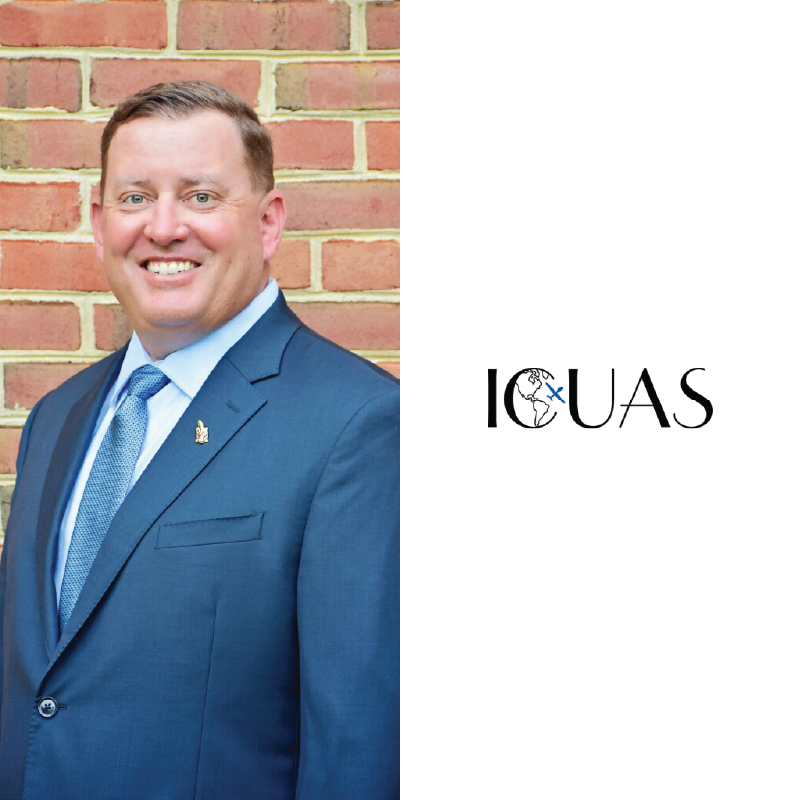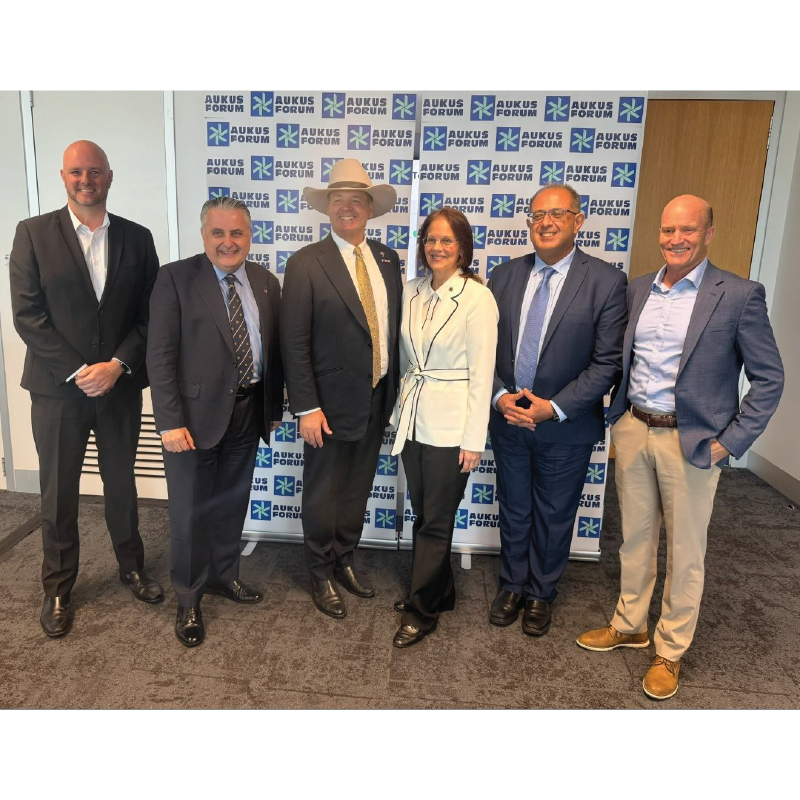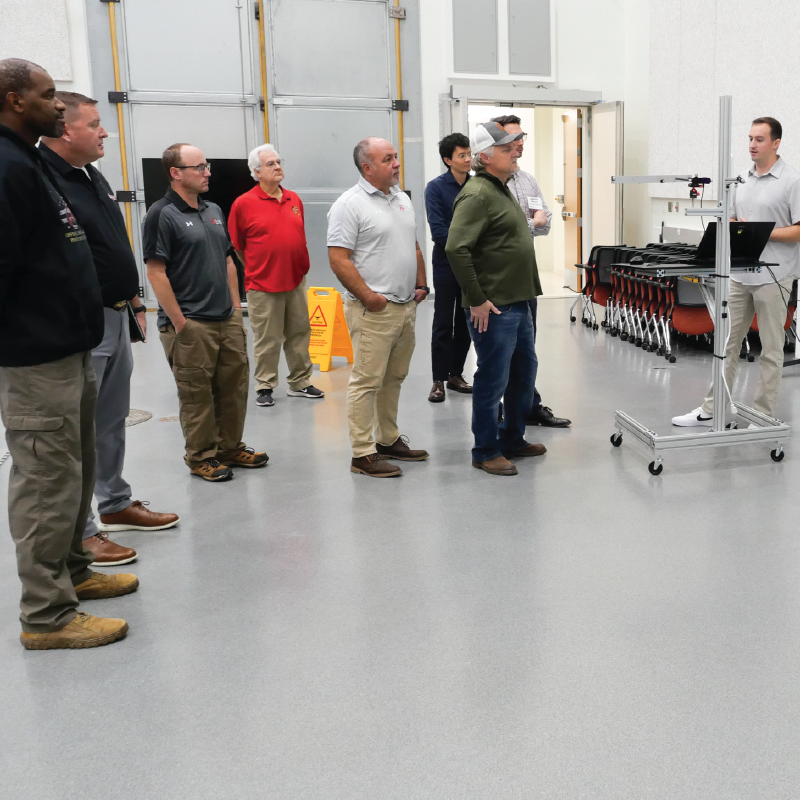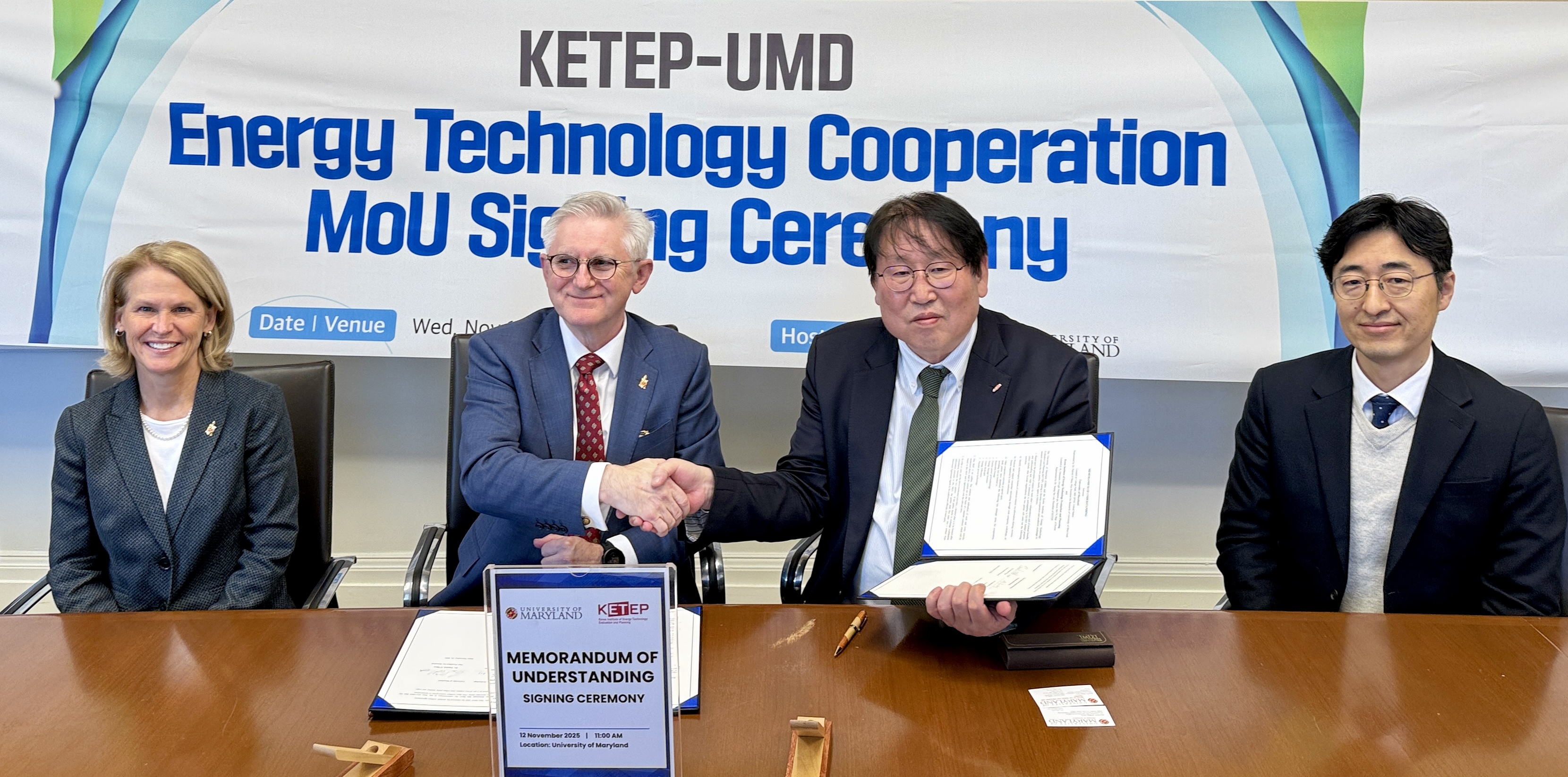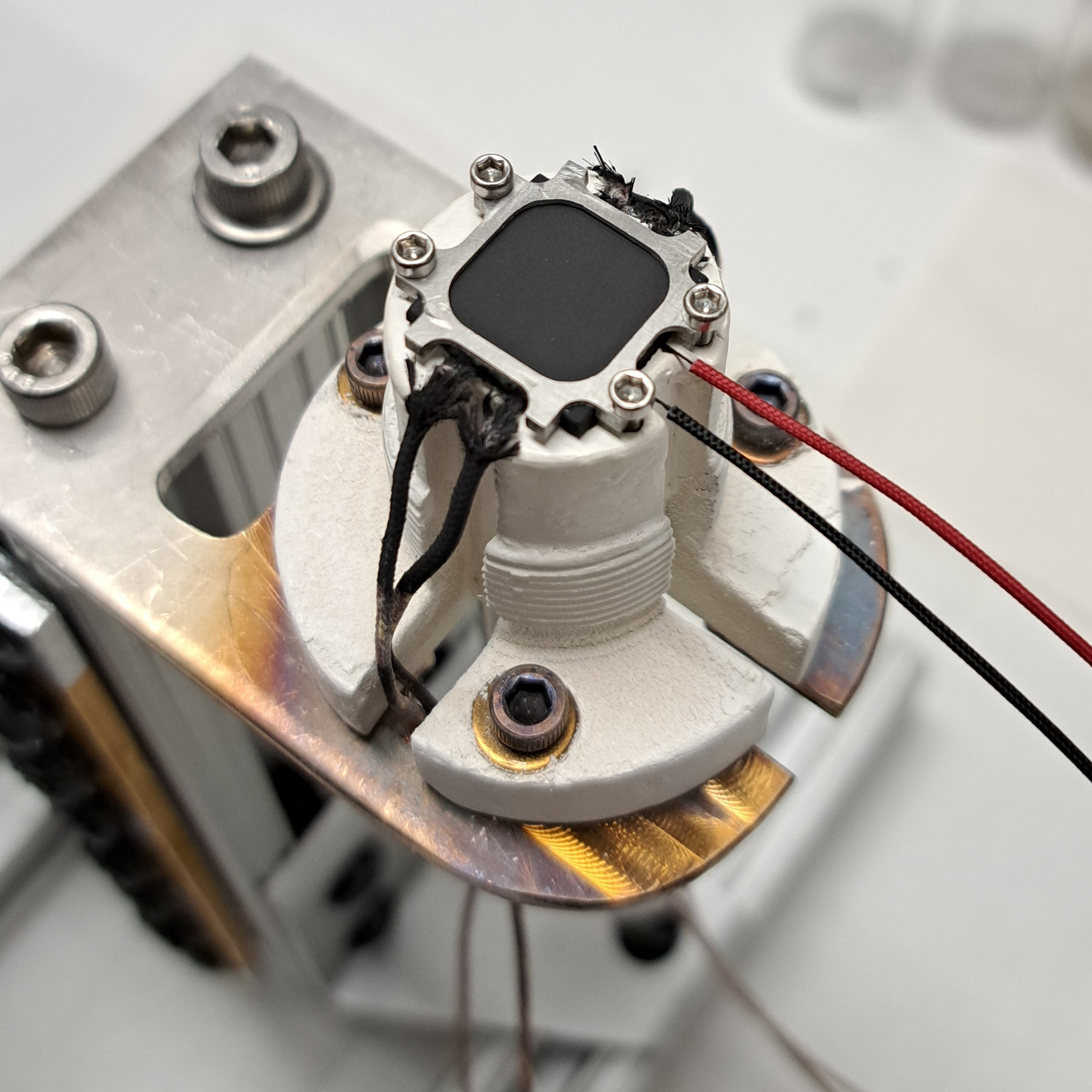News Story
NSF Awards $3.45M National Innovation Ecosystem Grant to University of Maryland
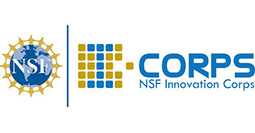
The National Science Foundation (NSF) announced this week that it has awarded $3.45 million over the next five years to the University of Maryland as part of NSF’s Innovation Corps (I-Corps™) program. With the I-Corps nodes award, UMD continues to be one of only seven lead universities in the country in NSF’s national innovation ecosystem, a key part of the White House Strategy for American Innovation.
The seven I-Corps nodes, or national innovation hubs, are comprised of 25 universities nationwide with strong connections to established entrepreneurs and the startup venture community in their regions. These nodes offer structured coaching programs and workshops to help their researchers better identify and validate or invalidate opportunities where their innovative research can make a scalable and sustainable impact. The vetted entrepreneurial opportunities can then be pursued by teams from those universities or from elsewhere. The I-Corps nodes also support an additional 50 I-Corps sites universities around the country to help them get similar programs up and running.
UMD’s partner universities in the DC-area I-Corps node, also known as DC I-Corps, are George Washington University, Virginia Tech, and Johns Hopkins University. George Washington, Virginia Tech, Johns Hopkins were also partners in the first I-Corps node award to UMD, a $3.75M grant in 2013.
The Academy for Innovation & Entrepreneurship oversees UMD’s I-Corps programs and efforts, managed by the lead PI for the award,Dean Chang, associate vice president for innovation and entrepreneurship for the university, along with Edmund Pendleton, director of the Mtech venture accelerator for the A. James Clark School of Engineering. The Office of Technology Commercialization, the Dingman Center for Entrepreneurship, and UM Ventures are also key partners in UMD’s I-Corps programs and workshops.
In addition to the award to UMD, NSF also announced four additional I-Corps node awards this week.
"I-Corps nodes support the national innovation ecosystem and help some of America's brightest researchers test the commercial potential of their discoveries," said Grace Wang, acting assistant director for NSF's Engineering Directorate. "We are thrilled to support these regional innovation hotbeds, which will help to foster local economic development and expand access to more researchers of all different backgrounds who seek entrepreneurship training."
In 2011, NSF created the I-Corps program to train NSF-funded researchers to evaluate their scientific discoveries for commercial potential. Since then, more than 800 teams have completed the NSF curriculum from 192 universities in 44 states. This resulted in the creation of more than 320 companies that have collectively raised more than $83 million in follow-on funding.
"Through I-Corps, public and private partners are working cooperatively to build, use and sustain a national innovation ecosystem, further enhancing the development of technologies, products and processes that benefit society," said Jim Kurose, assistant director of the Computer & Information Science & Engineering Directorate at NSF. "The interconnected I-Corps nodes offer a rich diversity of resources, tools, programs and capabilities for teaching and enhancing entrepreneurship."
Published October 11, 2016



